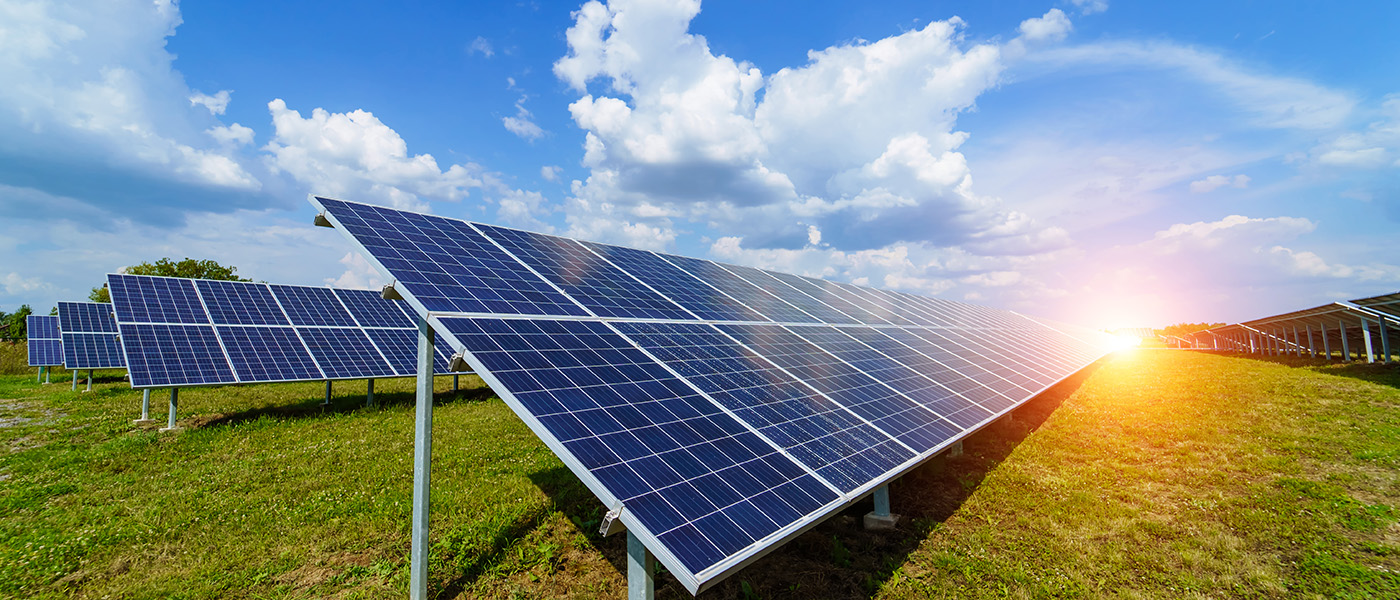
Climate change in brief
Green cement for sustainable construction
Building and construction are responsible for 39% of all carbon emissions in the world. Dr Cise Unluer of the James Watt School of Engineering is developing innovative and functional construction products that contribute to meeting net-zero targets. Cise’s mixes aim to replace traditional cement with innovative binders, industrial by-products and waste such as cement obtained from desalination reject brine. Resulting products have high strength, durability, absorb CO2, can self-heal and are recyclable at the end of their lifetime.
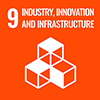
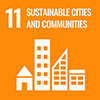
Decarbonising our food
Researchers in our Adam Smith Business School are helping transform agriculture in Europe – a sector that’s currently responsible for 10% of greenhouse gas emissions. The Earth’s soils are a vital carbon sink, and second only to our oceans in size. As part of the 100 Million Farmers platform, the researchers aim to reduce the environmental footprint of our food system through promotion of climate-smart practices such as no-till, cover crop and nutrient and manure management. UofG has joined forces with partners on the project, including the World Economic Forum and Bayer, to accelerate progress towards European Green Deal carbon neutrality goals.
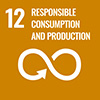

Shining a light on clean energy
Solar power is limited in that electricity is only generated during daylight hours. James Watt Chair, Professor of Engineering Science Colin McInnes and his team are exploring ways of maximising solar power generation after sunset, when the output of solar power plants vanishes but consumer demand is high. The €2.5m European Research Council SOLSPACE project will look at strategies to increase the amount of clean energy generated by future large-scale solar power plants around the world. One of these strategies is the use of reflectors in orbit which redirect sunlight towards solar power plants on Earth. “The delivery of global clean energy services is one of the key challenges for the 21st century,” says Colin, “and the possibility of delivering energy from space offers entirely new opportunities for the future.”
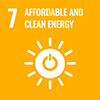
This article was first published September 2021.
Putting down roots
Our green-fingered students are helping school gardens flourish.
We're serious about climate change
Our staff and students are taking the lead in tackling climate change.

